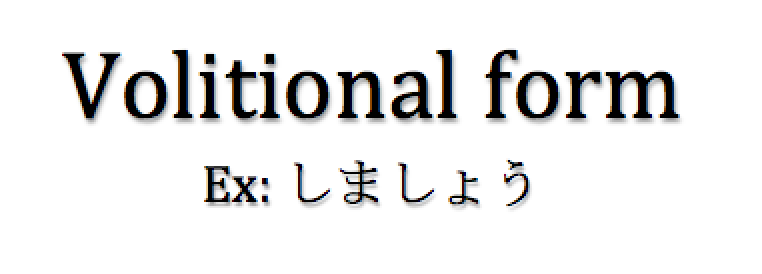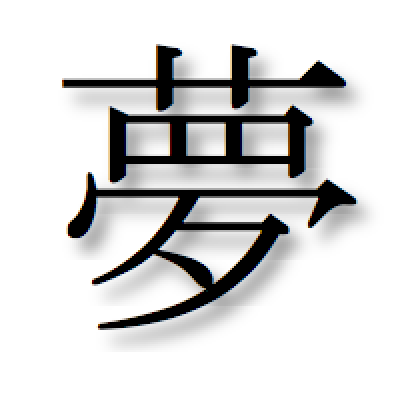Mini Japanese Quiz: Particles で vs に
I got feedback from one of my readers that sometimes differentiating between で and に can be difficult, so I made a mini 8-question quiz to test everyone’s knowledge in this area. You can take it here: testmoz.com/450945 If you’d like to review before the test, you can see this post of mine which goes over the… Read More »


